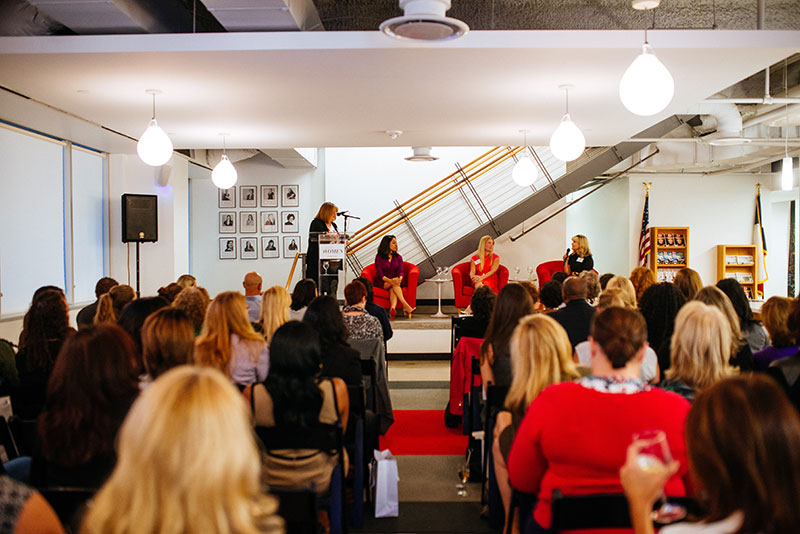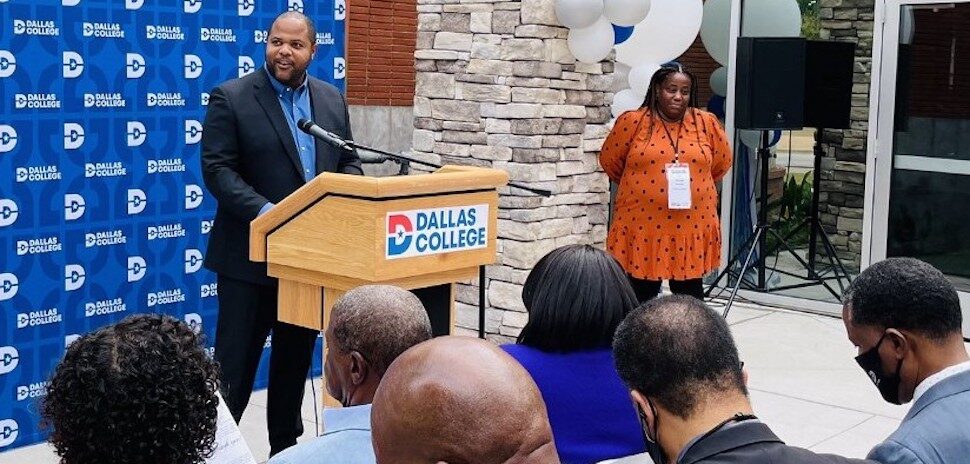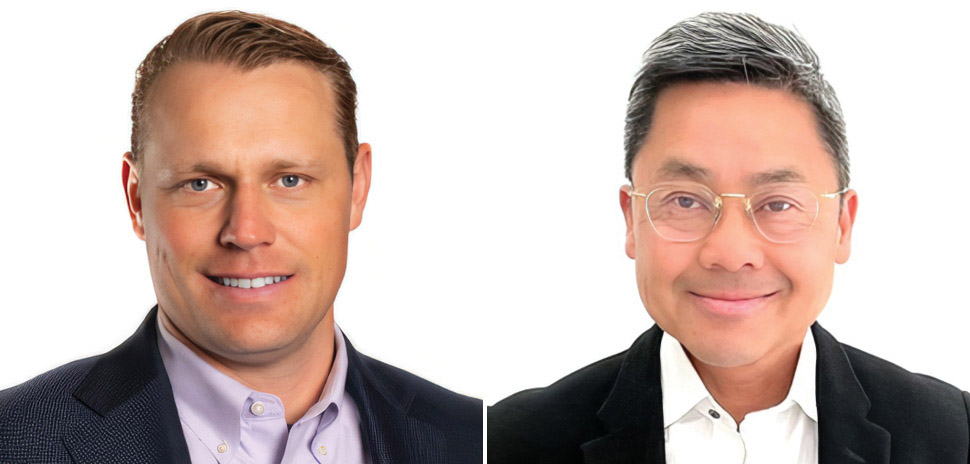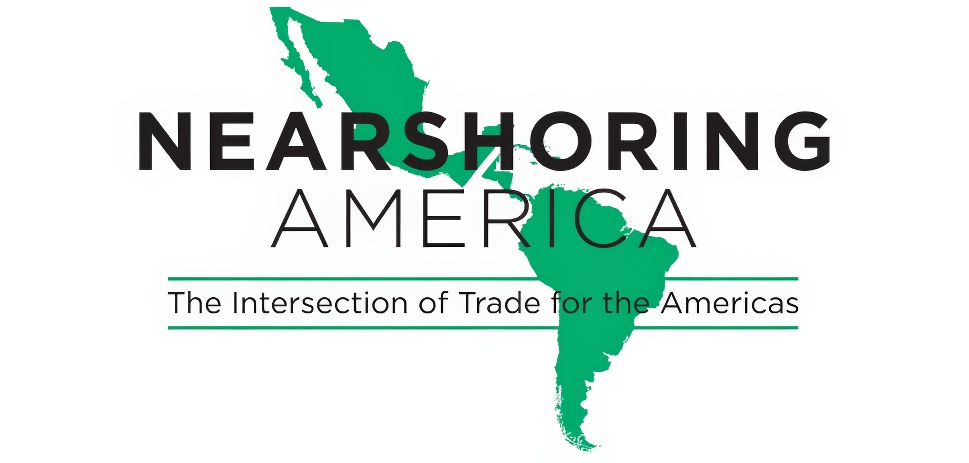Dr. Seema Yasmin is sitting at the front of the room, along with Dana Brown and Molly Cain. The women are talking about obstacles they’ve faced in the STEM fields.
“I would have patients that were designated to me who would say, ‘I don’t want a doctor who went to beauty school. I want a doctor who went to medical school,’” she says. “And they’d ask for a male doctor.”
As the crowd of nearly 100 women (and a few good men) gasps, Yasmin continues her story. She says she wondered if she should change her appearance so her talent and intellect wouldn’t be so questioned. “I said to my mom, ‘Should I put my hair in a bun? Should I not do a big blowout? Should I not do the liquid eyeliner?’” Yasmin says.
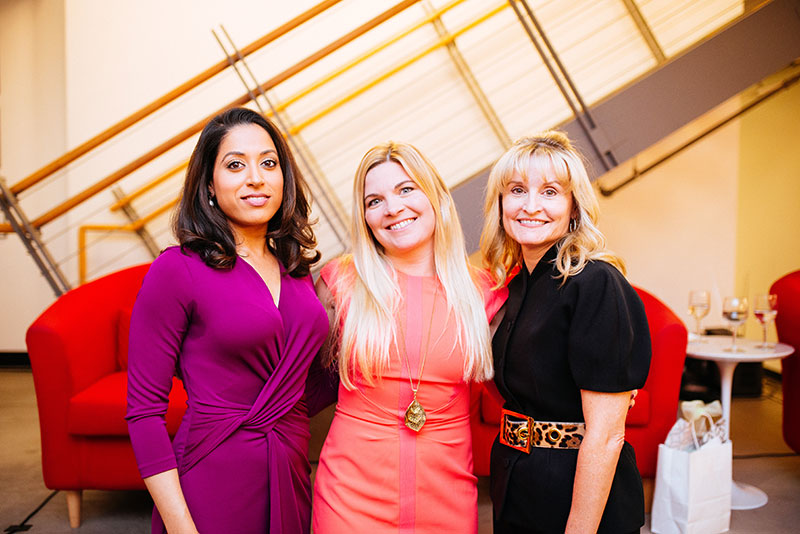
Dr. Seema Yasmin, Molly Cain, Dana Brown. Photo by Josh Blaylock.
Yasmin’s mother told her daughter she should look exactly how she wanted to look.
“I’m good at spinal taps and I’m great at doing blowouts, but I’m not going to give up one for the other,” Yasmin says.
Though Yasmin, Brown, and Cain have all faced similar obstacles, the three pushed through, and on a warm night in October, D CEO gathered them together to discuss issues women in STEM (science, technology, engineering, and math) face.
Yasmin, a professor of public health at the University of Texas at Dallas, a staff writer for the Dallas Morning News, and a medical analyst for CNN, spent time as an officer in the Epidemic Intelligence Services at the Center for Disease Control and Prevention. Brown, the chief marketing officer at the United Way of Metropolitan Dallas, has spent 25 years in the tech industry. And Cain, the executive director of Tech Wildcatters, is a regular contributor to Forbes.com and the CEO and publisher of Glass Heel, a career and lifestyle HQ for today’s entrepreneurial woman.
“I’m good at spinal taps and I’m great at doing blowouts, but I’m not going to give up one for the other,” Yasmin says.
“First, you’re told you can’t do something,” Yasmin says. “And then you tell yourself, ‘No, I’m determined. I’m going to do it.’ And then, along the way, you’re questioned and you’re questioned and you’re questioned. Until, no matter how strong you are, you start questioning yourself.”
Though Yasmin knew she wanted to enter the STEM field, she was told repeatedly that she would not get into medical school. “I was told by multiple people, by the very people that should have been pushing me and inspiring me, and encouraging me, that I shouldn’t bother applying to medical school because I wouldn’t get in,” Yasmin says. She eventually did apply, partly based on encouragement from her mother.
Cain said she, too, faced several objections to her first chosen major. “My first major in college was construction science,” Cain says. “I was told no repeatedly in it, and I actually dropped out of it. I’m kind of glad I’m not in construction now. But I went to journalism, which was considered more fluffy.”
Brown, however, had a different experience. She says she was very lucky as she went to a small, progressive university where her goals were not really challenged or scoffed. “It never occurred to me that girls couldn’t do this,” Brown says.
“Young girls need to see role models in whatever careers they may choose, just so they can picture themselves doing those jobs someday,” Cain says, then references a quote from the first woman in space, Sally Ride. “You can’t be what you can’t see.”
That message is something Cain is committed to pursuing, as one of her first bosses pulled her aside and told her, “I’ve had enough successes in my life; now, I want to see you succeed. So let’s just blow down all the barriers. I’m just going to push you and push you and push you.” Cain’s boss encouraged her to get her MBA, which led her to try other things, like emailing Forbes to tell them she had something to say. Cain attributes her career to women who pushed her. And she continues to pass on the message. “I always say, ‘Once you get to a certain point, reach down and pull somebody up,’” she says.
All the panelists feel Dallas is a positive environment and market in terms of opportunity and support for STEM careers, as well as startups. “With our sector diversity, there are more opportunities to apply technology to fuel a variety of businesses,” Brown says. “And then the other thing is, if you’re successful, it’s great. You’re a direct flight from any customer anywhere.”
The panelists say that role models and encouragement are crucial to future women’s successes in STEM—or whatever career they choose. “Young girls need to see role models in whatever careers they may choose, just so they can picture themselves doing those jobs someday,” Cain says, then references a quote from the first woman in space, Sally Ride. “You can’t be what you can’t see.”
For a daily dose of what’s new and next in Dallas-Fort Worth innovation, subscribe to our Dallas Innovates e-newsletter.










